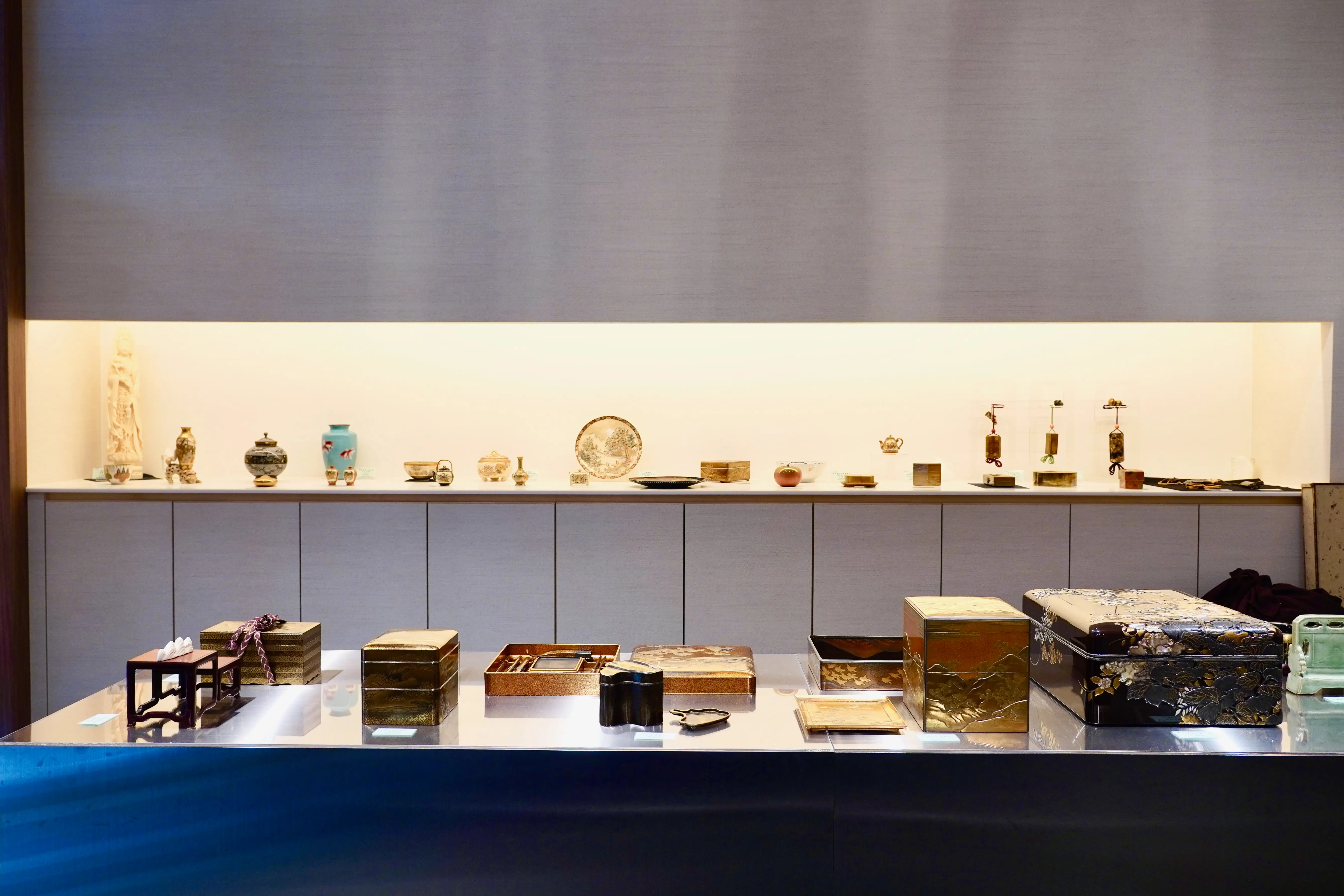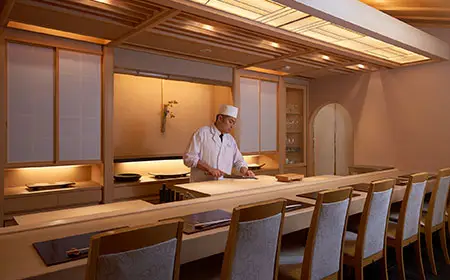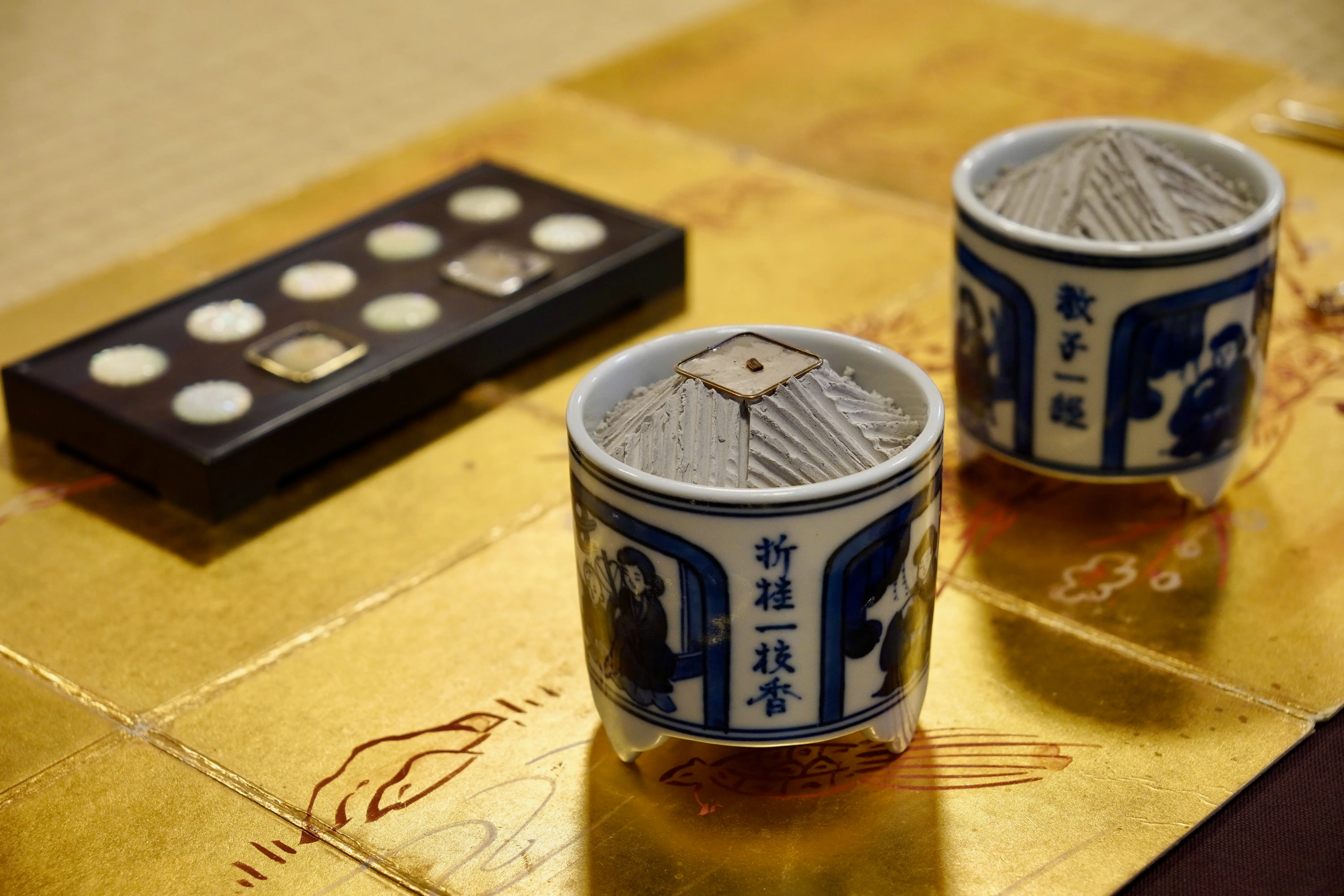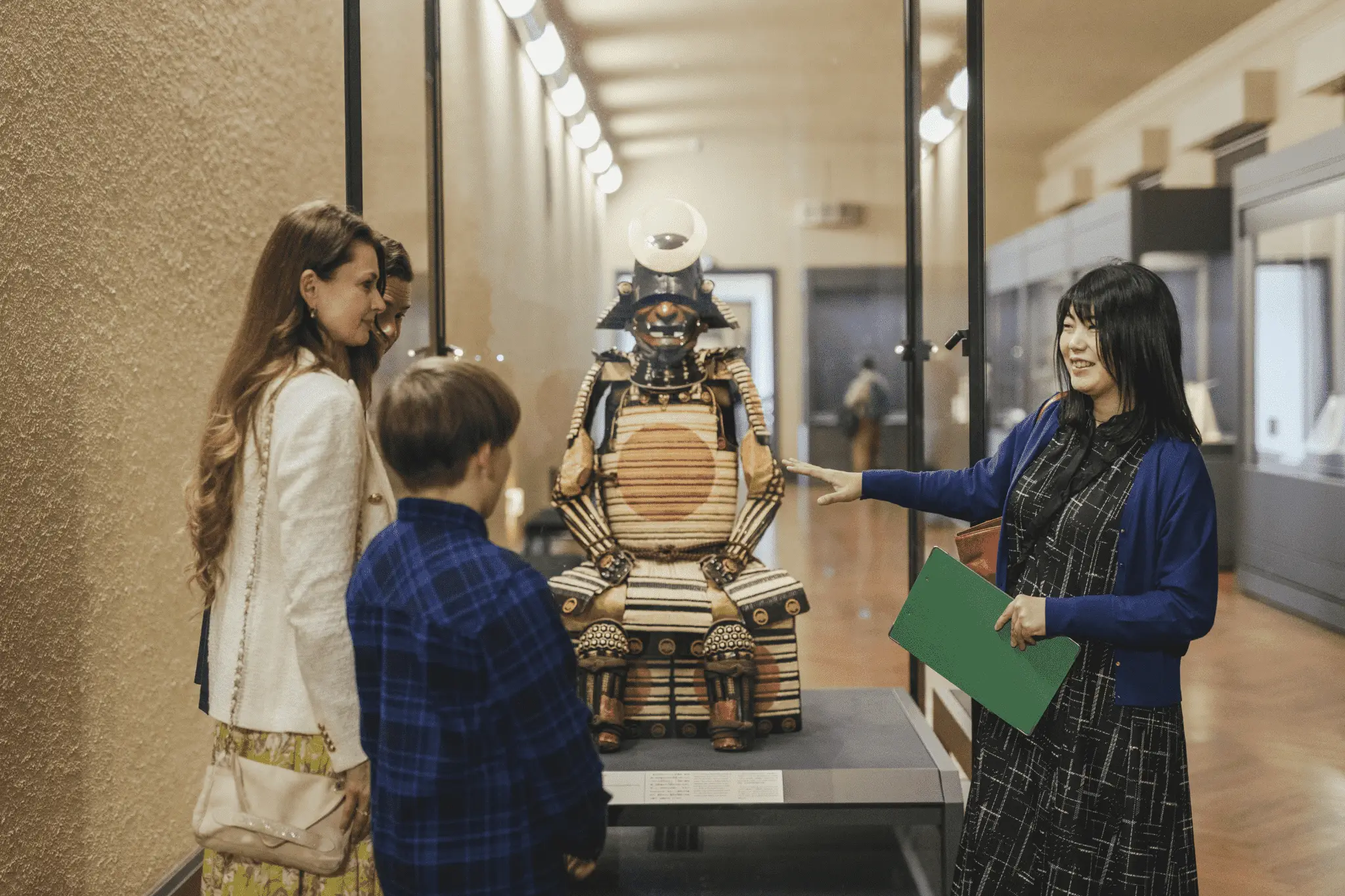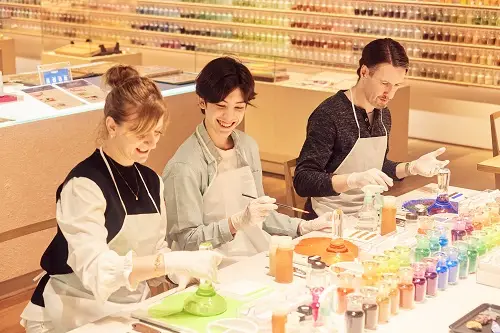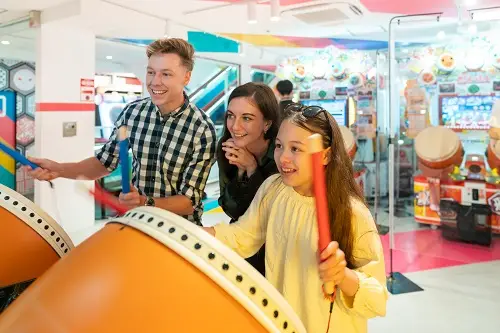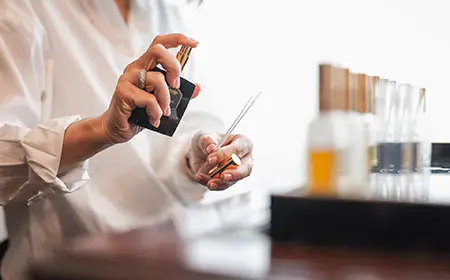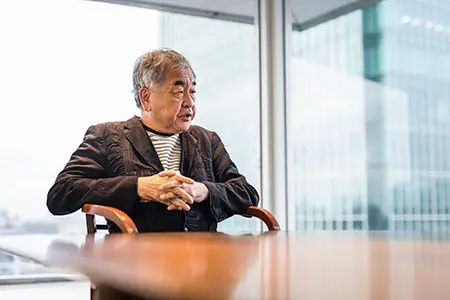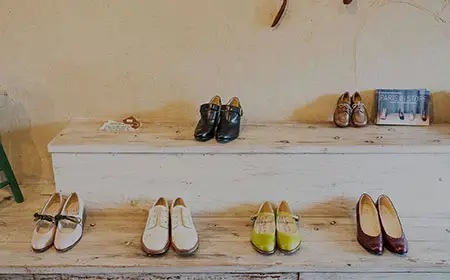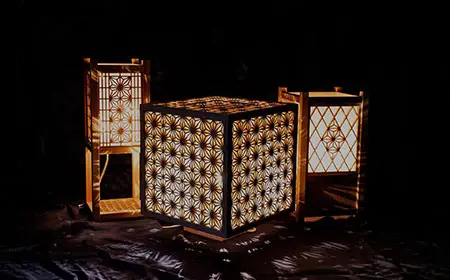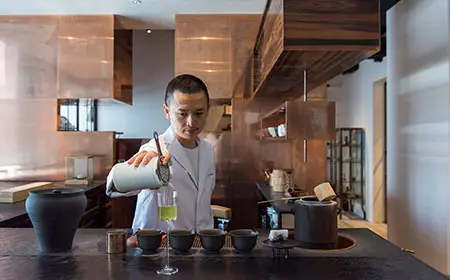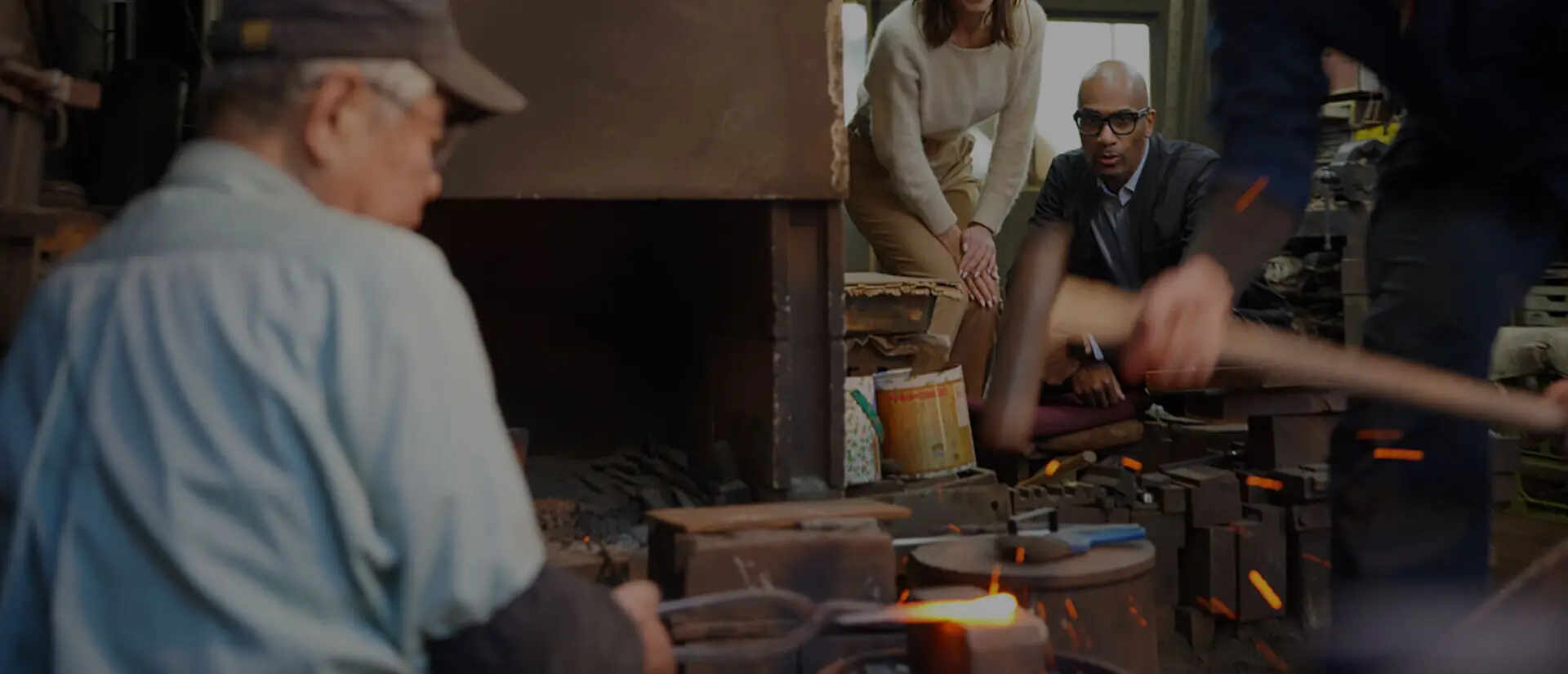
TOKYO AS A HUB OF CULTURE
The culture of craftsmanship reaches each corner of Tokyo, imbuing every art form and experience with an extra dimension. Experts on crafts from across the country concentrate here at the nation's hub, and Tokyo has an artisan for almost any craft you can imagine, be it elegantly simple or richly refined, waiting to welcome you into their world.
With 30,000 small workshops, Tokyo has craftsmanship that is truly diverse and appealing. Tokyo's small workshops make not just famous crafts, such as swords and kimonos, but also small items, such as nuts and bolts, which are crucial for manufacturing. There is even a simple workshop making space probes. The industry has been boosted by the emergence of Taku Furukawa, a key player using innovative approaches to help craftsmanship thrive now and in the future.
Furukawa is the founder of Tokyo Fabhub, a central point for foreign companies, institutions, and entrepreneurs to network with a wide variety of craftspeople and workshops.
Because he has contacts with more than 100 workshops in Tokyo, he feels confident to say, "if you want to make an original product, there is nothing you cannot make by using my network." His genial spirit and artistic sensitivity allows him to partner successfully with some of the highest level artisans in the city, and he is passionate about Tokyo's craftsmanship and the role he plays in it. "There is an inner beauty to be found in hand-crafted items," he says, "which is not just some surface beauty, but a deeper one, that you encounter once you use the items." Here are just some examples of the remarkable work carried out by craftspeople in Japan's capital.
At Yaegashi Blade Foundry, one of Tokyo's last working forges, the relaxed and sociable owner creates all manner of cutting tools using centuries-old techniques. You can watch knives being made and order your own custom knife, with your choice of wood for the handle. Children's knives and bread knives from this foundry are particularly renowned.


Furthermore, the joy of manufacturing does not begin and end with a workshop. Rather, it can be experienced through various lenses, including food culture and lifestyle. At one restaurant steeped in Japan's food culture, the meal is guided by an expert on Japanese cuisine, with a focus on locally made, unique items, such as tools for food preparation and lacquerware items for serving. For a specialist in Japanese cuisine, grated daikon radish, for example, tastes even better when the tool used is made by a skilled artisan. A master shamisen artist and geisha bring music and laughter to the feast. This event is the epitome of how aspects of culture are interdependent and designed to exist in harmony.

Craftsmanship's ties to so many aspects of life in Japan mean that it will always be at the heart of Japanese culture.







